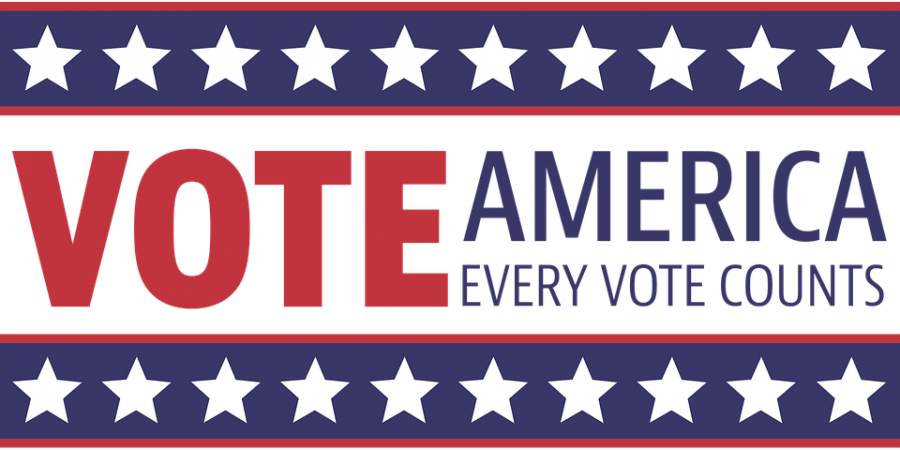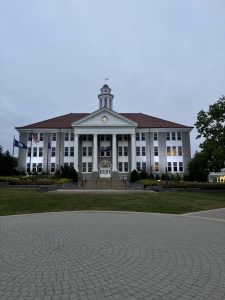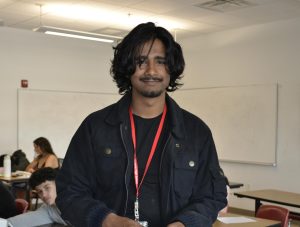Elections prove importance of participation
November 20, 2017
The past two years, for the 2016 presidential election and the 2017 Virginia gubernatorial election, I’ve volunteered with the Fauquier County Electoral Board as an election page. Both times, I arrived at the polling station at 5 in the morning to help set up for the day, assisted voters and the precinct chief, and handed out stickers. While most of the tasks lacked any major significance or contribution to the day, it helped me realize the importance of political involvement at both the national and local levels. The past two years, for the 2016 presidential election and the 2017 Virginia gubernatorial election, I’ve volunteered with the Fauquier County Electoral Board as an election page. Both times, I arrived at the polling station at 5 in the morning to help set up for the day, assisted voters and the precinct chief, and handed out stickers. While most of the tasks lacked any major significance or contribution to the day, it helped me realize the importance of political involvement at both the national and local levels.
Almost every election official was elderly, and they all seemed so excited that a young person was interested and willing to participate in the election process. Individuals under the age of 30 are notorious for their lack of interest in politics, while Baby Boomers have the highest voter turnout of any age group; according to census.gov, only 46 percent of the population between 18 and 29 voted in the 2016 presidential election, compared with 70 percent of the population over 75.
It’s crucial that young generations familiarize ourselves with the political process and participate in it as much as possible so we can create the world we want ourselves and future generations to grow up in. After all, the results of elections have the greatest impact on the youth, who will have to live with the consequences of the results.
The difference in voter turnout between the 2016 election and the recent election also stood out to me. While the line was hours long in 2016, the same polling station never had a line of more than 20 people during the governor’s race. While I wasn’t expecting as much enthusiasm, because it wasn’t as highly-publicized or controversial as the presidential election, I was disappointed that so many people didn’t bother exercising their right to vote. When I asked the other workers if this was normal, they said that there was a greater turnout than usual for a local election but that, on average, only around one-third of the precinct’s registered voters participated in local elections. However, local elections are more important than national ones because they have a greater impact on our everyday lives.
For example, a governor’s plans for reform in public schools will most likely affect students and families more than a president’s position on abortion, even though the latter is more controversial. It’s essential to keep in mind that every election is important; news coverage and campaign size do not equate significance.
Too many high-schoolers assume that because they can’t vote, their voices are unimportant or that they are simply just unable to participate in politics yet, but there’s much more to politics than casting a ballot on Election Day. Among the many ways to get involved in politics, students can:
•Participate in the election page program, like I did, or volunteer with a political party or organization.
•Advocate our ideas in school clubs and petition and contact our representatives about legislation.
•Attend and speak up at town meetings and hold leadership positions in school clubs and organizations to help us develop the necessary skills to become strong political leaders in our community.
•Encourage our parents to vote, reminding them that our future is in their hands.
Of course, one of the best things we can do is learn and stay informed about political issues, so that when we are old enough to vote, we can make an educated choice and ensure that we are truly making the decision that we believe is best for our nation’s future.






